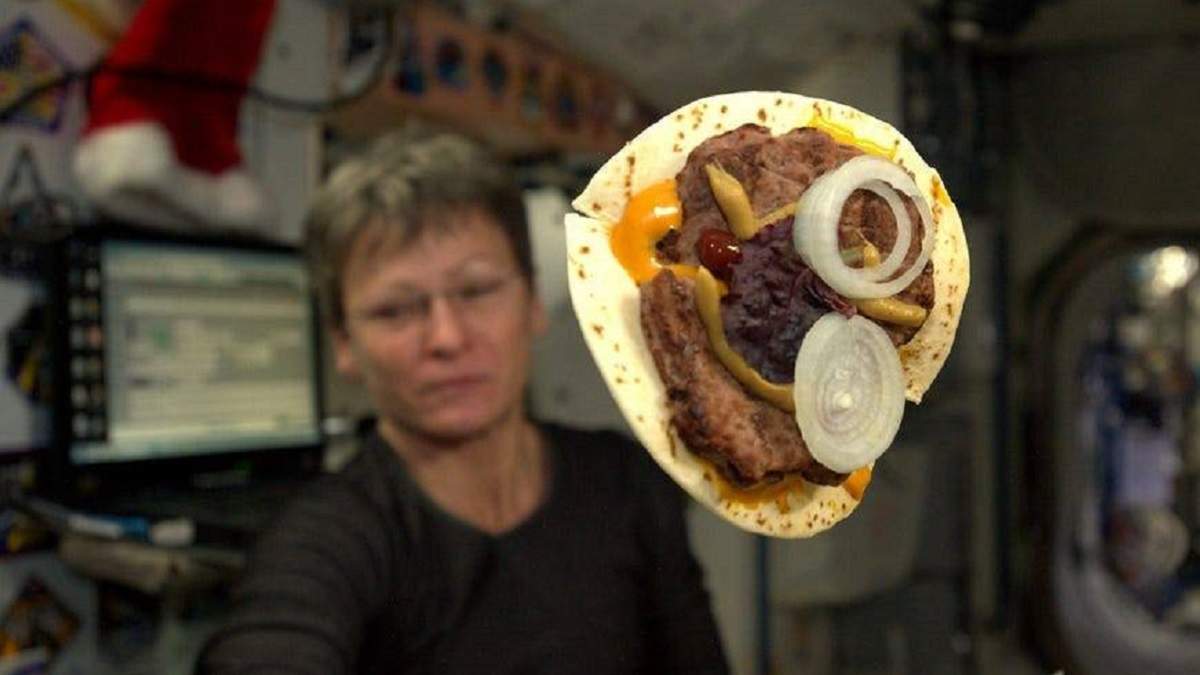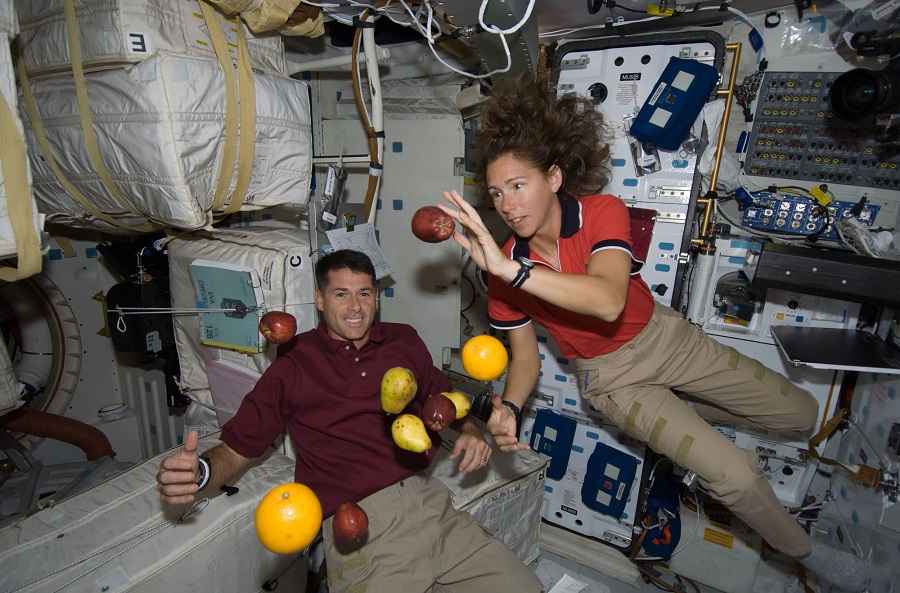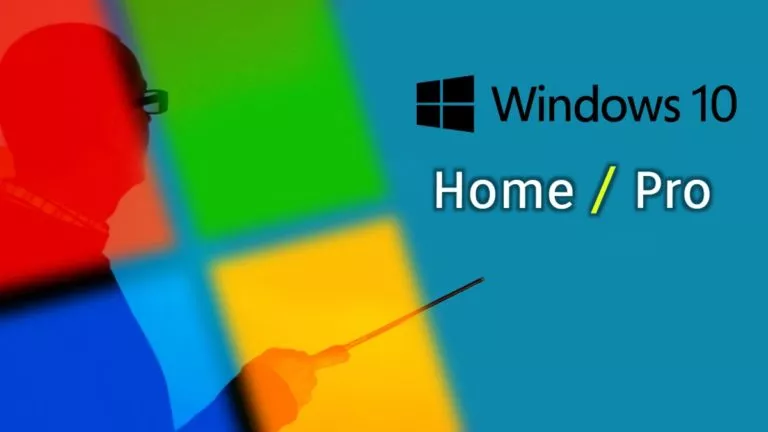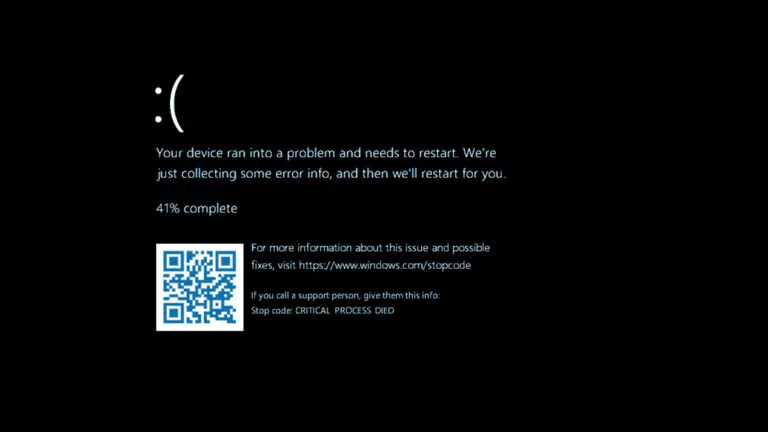Eating Food In Space Is A Big Task, Even For The Foodies

We have seen it in countless social media posts how people endorse the motto, “Food is love; food is life.” However, even the conviction of the biggest foodies would be tested if they were to eat food in space like how the astronauts do.
Aboard the International Space Station (ISS), food items are not easy to consume as they behave rather differently — they float around. While on Earth, you run the risk of dropping your food, up there, the biggest concern is making sure your meal doesn’t escape your reach.
As much as eating a meal in space sounds cumbersome, it also seems quite a bit of fun. The elders do say, “Don’t play with your food,” with full austerity, but it’s irresistible when your pizza slices can glide across the room. Want to see this for yourself? Then, check out the video below.
Why does food float in space aboard the ISS?
First and foremost, let’s debunk a common assumption. Things do not float aboard the ISS because of zero gravity; in fact, there is a significant force of gravity acting on them.
When the ISS revolves around the Earth, the astronauts experience what we call “freefall.” In other words, the space station is constantly falling towards Earth strictly because of gravitational forces in a vacuum (absence of air). Simultaneously, the ISS is also traveling at a high speed, tracing the Earth’s orbit.
These concurrent downward and forward forces create a weightless experience aboard the ISS. Therefore, the astronauts as well as their food float freely inside the space station.

What are the problems with food floating around?
Trying to eat a regular meal while the food is in constant motion is simply inconvenient. This becomes all the more challenging when there are many bits of food. Not just that, there is an endless possibility of tiny pieces of food getting into the eyes, nose, or ears of the astronauts inside the spacecraft.
In addition, there is another concern that the food, if not responsibly eaten, could get stuck in the air vents and clog them. Furthermore, they could also contaminate important equipment on board and cause needless issues.
While the rush of devouring your favorite snacks in microgravity might be stimulating, it no doubt calls for more responsibility and care than on Earth. Also, while you are here, make sure to check out this new technology for shooting rockets into space.






